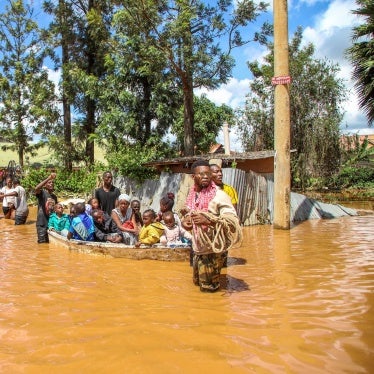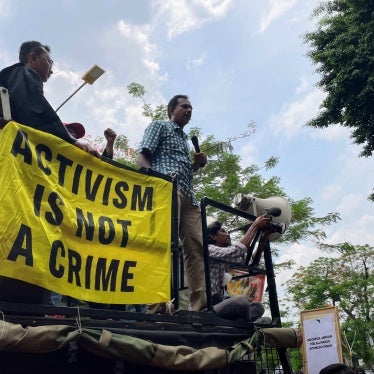May 2, 2024
Azerbaijan: Free Jailed Human Rights Defender
Azerbaijani authorities should immediately free a prominent human rights defender, Anar Mammadli, and drop the charges against him, the Human Rights House Foundation said this week in a statement signed by Human Rights Watch and 28 other groups.







